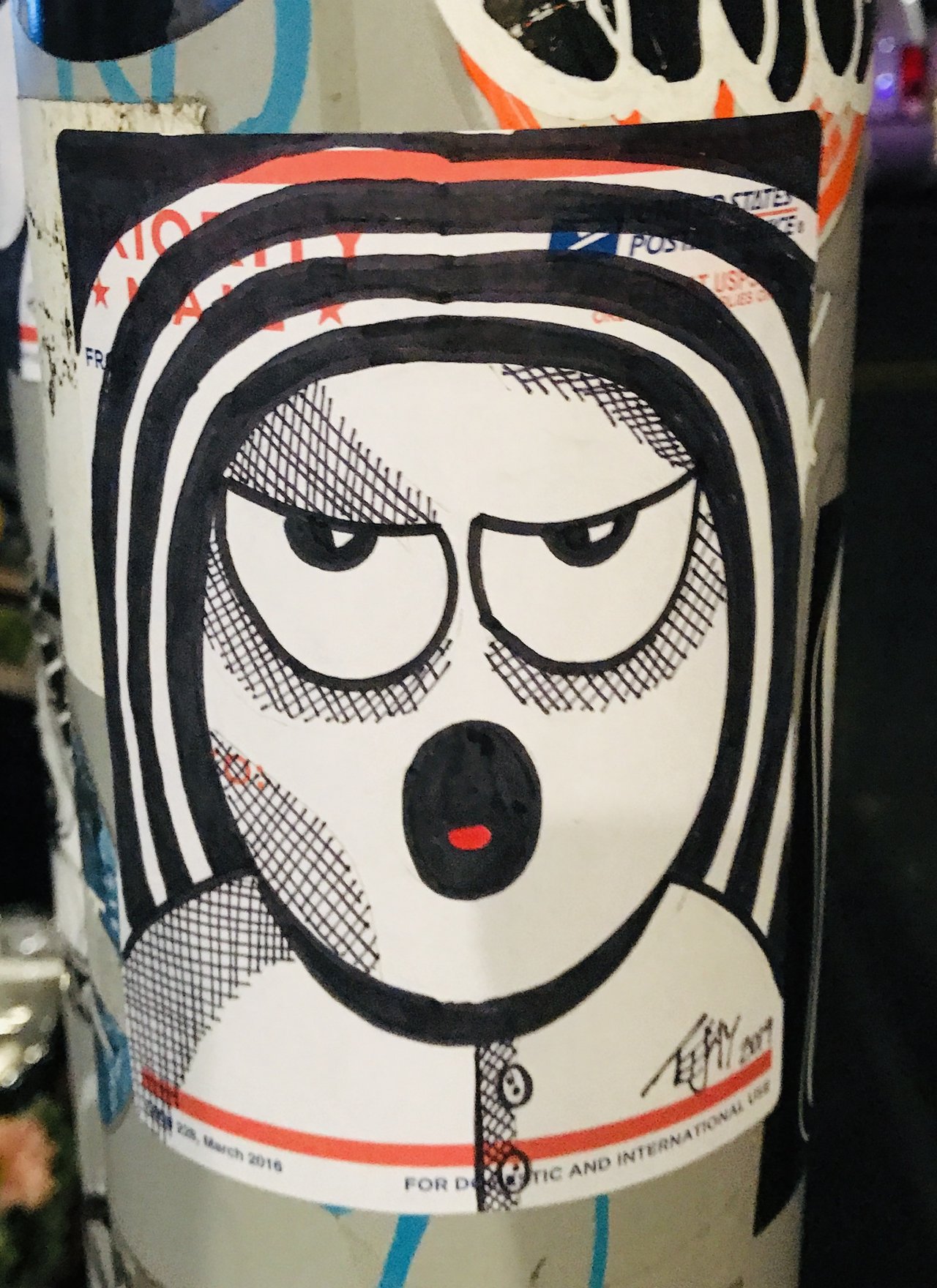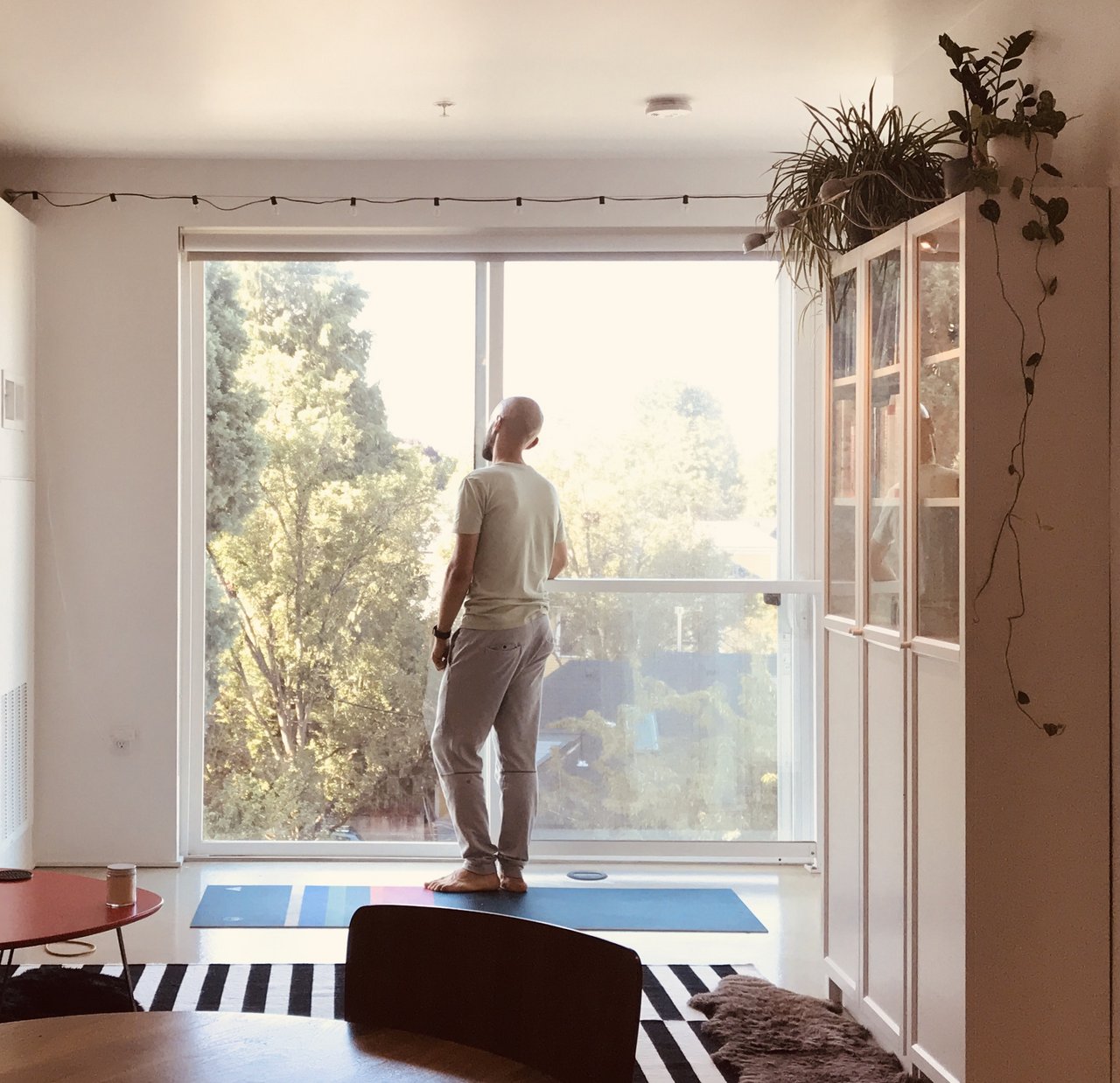Do thoughts create reality?
Ever since I watched the oh-so-vulnerable-to-skepticism movie The Secret back in 2007, I've been fascinated, in varying degree, by the central premise of the film that our thoughts create our reality. This idea is much older than The Secret. Napoleon Hill wrote about the causality of thoughts in his seminal self-help book Think and Grow Rich way back in 1937. And before Hill, Phineas Quimby wrote about the idea after having been diagnosed with tuberculosis and believing in the idea of mind over body in his miraculous recovery.
From a skeptical perspective, the idea that our thoughts influence or produce reality is untenable because it's not falsifiable. If I begin with the premise that our thoughts are creating the reality around us, there's no way for you to disprove it because I can always cite examples that will support my claim. And similarly, there's no way for me to prove it to be the case that thoughts are causal, since you can always come up with counterexample narratives.
But the scientific perspective, to me, isn't valuable when considering the causality of thoughts. That's because the idea of the law of attraction is much more like faith than science. We can debate whether or not God exists from a scientific perspective until the end of time, but whether or not God exists does not negate the value billions of people derive from believing. It is this faith mindset—the idea that there is a force beyond ourselves at work—that makes the idea of causal thoughts powerful.
If you, for instance, believe that you are doomed to forever be unattractive to the opposite sex, and carry that belief with you throughout your days, there's a good chance your behavior will match that perspective. You'll likely slouch and suggest lack of confidence with your body language. You might overeat or abuse alcohol in order to cope with your poor self-image. And you certainly won't be smiling at or approaching anyone. Now, this doesn't necessarily mean your thinking you're unattractive to the opposite sex has directly caused you to be unattractive, but it does imply that your thoughts translate into behaviors which then result in your belief coming true.
Conversely, if you choose to believe that you are abundantly attractive to the opposite sex and work to carry that belief with you, it's likely that your behavior will align to match. You'll stand up straighter, smile more, and be more willing to engage with others. All of this lands you a much better chance at success. Again, this isn't a direct causal relationship between thoughts and reality, but a causal link from your thoughts, into your behaviors, into reality.
Prayer and meditation are the practiced manifestation of these types of positive thoughts, and have been around for millenia. We sit in stillness and contact a higher power in order to manifest something different in our lives, whether that's as simple as a better mood or as profound as reversing terminal illness.
I'm a lifelong skeptic, but I often invoke prayer and the law of attraction in my own life because I recognize the value in maintaining focus on a goal. Whether there are peer reviewed papers on the efficacy of such a technique, to me, is missing the point.

